How to quiet some noisy circulator pumps
ellessebee
11 years ago
Featured Answer
Sort by:Oldest
Comments (10)
fsq4cw
11 years agoellessebee
11 years agoRelated Professionals
Phoenix Solar Energy Systems · Alafaya Solar Energy Systems · Elizabeth Solar Energy Systems · Moorpark Solar Energy Systems · Pacific Grove Solar Energy Systems · Ramsey Solar Energy Systems · Richfield Solar Energy Systems · Inver Grove Heights Solar Energy Systems · Lincolnwood Home Automation & Home Media · Port Washington Home Automation & Home Media · Valle Vista Home Automation & Home Media · Waltham Home Automation & Home Media · Westminster Home Automation & Home Media · Wilmington Home Automation & Home Media · Delhi Electriciansfsq4cw
11 years agogeoffrey_b
11 years agoionized_gw
11 years agogeoffrey_b
11 years agoellessebee
10 years agofsq4cw
10 years agoionized_gw
10 years ago
Related Stories

LANDSCAPE DESIGNDesign Your Landscape for Peace and Quiet
Block unwanted noise with plantings, barriers and water features for a more soothing outdoor experience
Full Story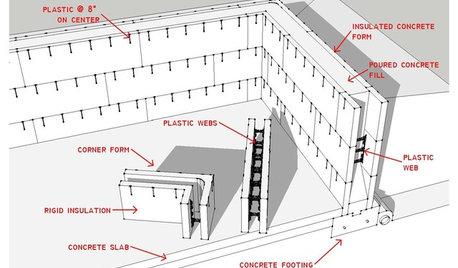
KNOW YOUR HOUSEKnow Your House: The Basics of Insulated Concrete Form Construction
Get peace and quiet inside and energy efficiency all around with this heavy-duty alternative to wood-frame construction
Full Story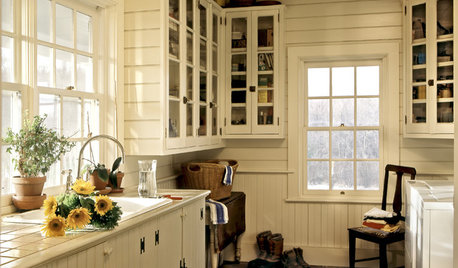
LAUNDRY ROOMSDouble-Duty Savvy: 10 Supersmart Laundry Room Combos
Throw some extra function in along with the fabric softener to spin your laundry room into mutitasking mode
Full Story
LANDSCAPE DESIGNGet Along With Less Lawn — Ideas to Save Water and Effort
Ditch the mower and lower your water bill while creating a feast for the eyes with diverse plantings and gathering places
Full Story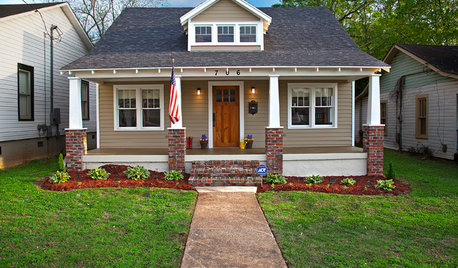
MATERIALSThe Most Popular Roofing Material is Affordable and Easy to Install
Asphalt shingles, the most widely used roof material in the U.S. are reliable and efficient, and may be right for you
Full Story
LANDSCAPE DESIGNCreate a Remarkable Garden by Thinking in 3D
Thinking of your space as a dimensional piece of sculpture can make it grand no matter what size it is
Full Story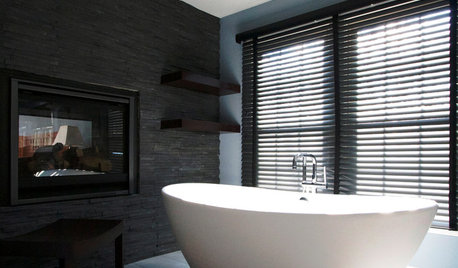
BATHROOM DESIGNDreaming of a Spa Tub at Home? Read This Pro Advice First
Before you float away on visions of jets and bubbles and the steamiest water around, consider these very real spa tub issues
Full Story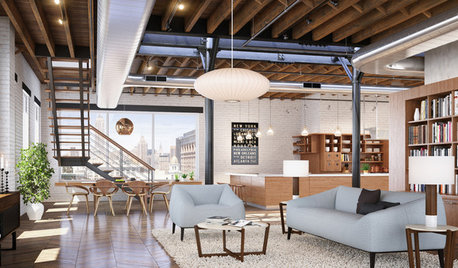
MOST POPULARIs Open-Plan Living a Fad, or Here to Stay?
Architects, designers and Houzzers around the world have their say on this trend and predict how our homes might evolve
Full Story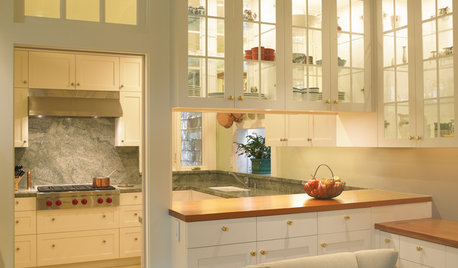
KITCHEN DESIGNHave Your Open Kitchen and Close It Off Too
Get the best of both worlds with a kitchen that can hide or be in plain sight, thanks to doors, curtains and savvy design
Full Story
GREAT HOME PROJECTSHow to Add a Radiant Heat System
Enjoy comfy, consistent temperatures and maybe even energy savings with hydronic heating and cooling
Full StoryMore Discussions







Dmitry Brant